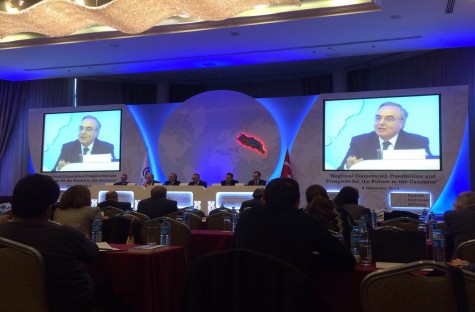
On December 9, 2014, Center for Eurasian Studies (AVİM) and Konrad Adenauer Stiftung held a meeting in Hilton Hotel Ankara titled “Regional Cooperation Possibilities and Prospects for the Future in the Caucasus”.
Opening speeches of the meeting were delivered by Ret. Ambassador and Honorary President of AVİM Ömer Engin Lütem and Head of Konrad Adenauer Stiftung Office in Turkey Dr. Colin Dürkop. The meeting consisted of three panels.
In the first panel, which was moderated by the Senior Specialist of AVİM Aslan Yavuz Şir, Mr. Haykak Arshamyan (Program Coordinator of Regional Studies Center), Assist. Prof. Dr. Serdar Palabıyık (TOBB University) and Dr. Nika Chitadze (President of International Security Research Center and Ph. D. Associate Professor of the International Black Sea University) delivered their presentations. The panel was concluded with a Q&A session.
In the second panel, which was moderated by Director of AVİM Alev Kılıç, the keynote speakers were Mr. Richard Giragosian (Director of Regional Studies Center), Mr. Alexey Malashenko (Scholar in Residence, Religion, Society and Security Program in Carnegie Moscow Center), Prof. Dr. Mitat Çelikpala (Kadir Has University), Dr. Mukhtar Hajizada (Head of Department Jean Monnet Chair holder, Department of Political Science and International Relations, Khazar University (Nefchilar campus) and H.E. Giorgi Badridze (Senior Fellow, Georgian Foundation for Strategic and International Studies (GFSIS) and lecturer at Ivane Javakhishvili Tbilisi State University). The session was concluded with a Q&A session.
The third panel was a panel for a general evaluation.
The message that emanated from the conclusion was as follows:
- There is a potential for conflict in the region.
- Status quo is seen by some as the better of two evils.
- However, status quo is also seen as a zero-sum game.
- Cooperation obviously is a win-win situation and there is cooperation even if it is exclusionary.
- However, exclusion is not the desired option and cooperation is open to all.
- To achieve inclusive cooperation, the region needs to develop “more trust in itself.”
Hazel Çağan, AVİM
© 2009-2025 Center for Eurasian Studies (AVİM) All Rights Reserved
No comments yet.
-
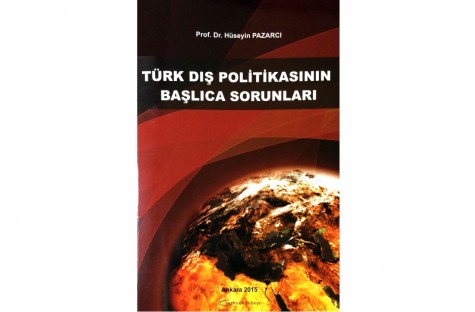 BOOK REVIEW: “TÜRK DIŞ POLİTİKASININ BAŞLICA SORUNLARI” (MAJOR ISSUES OF THE TURKISH FOREIGN POLICY)
BOOK REVIEW: “TÜRK DIŞ POLİTİKASININ BAŞLICA SORUNLARI” (MAJOR ISSUES OF THE TURKISH FOREIGN POLICY)
Hazel ÇAĞAN ELBİR 06.08.2015 -
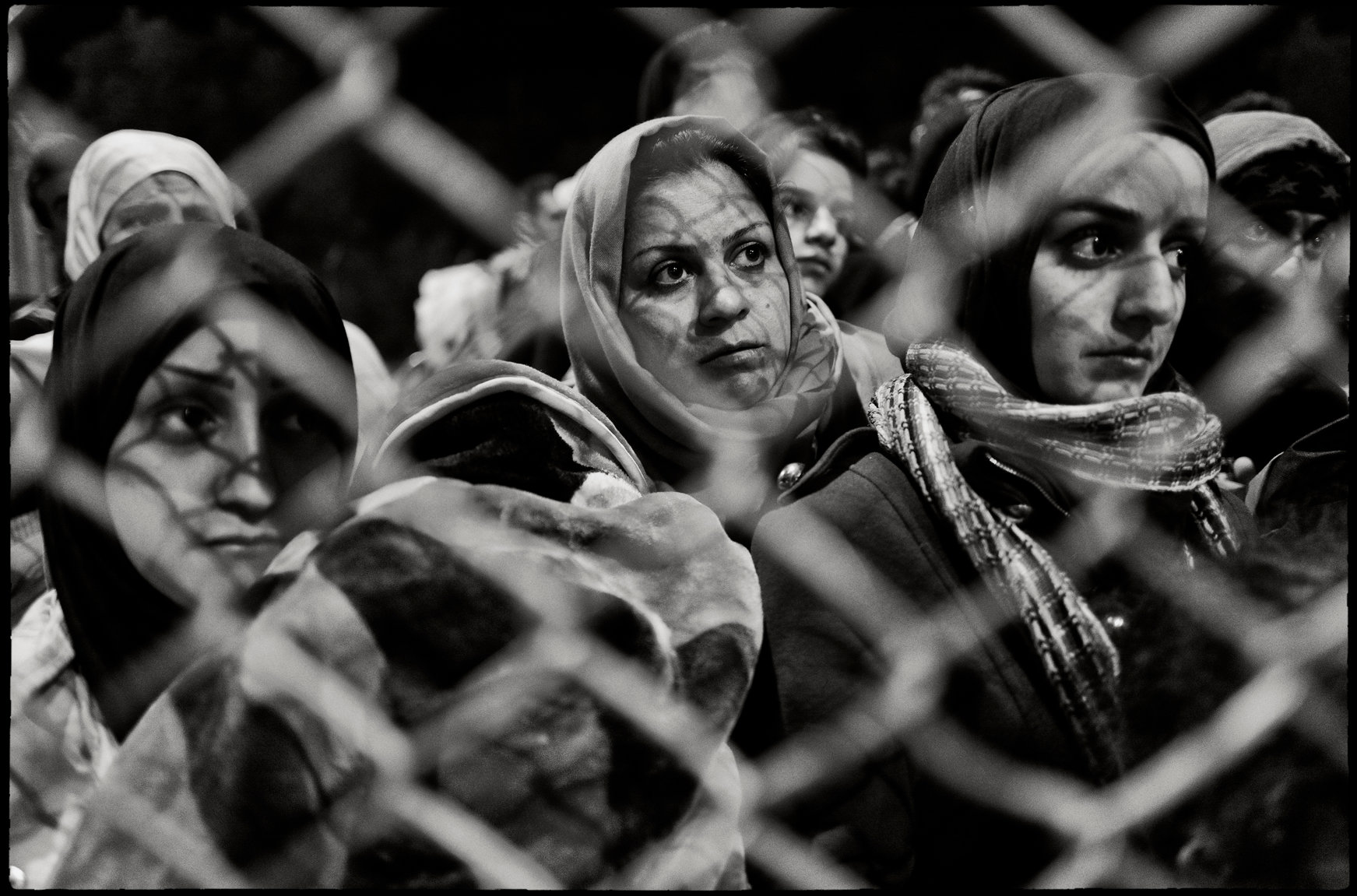 EUROPE’S LIMITS AND ITS LIMITLESS SILENCE
EUROPE’S LIMITS AND ITS LIMITLESS SILENCE
Hazel ÇAĞAN ELBİR 05.08.2020 -
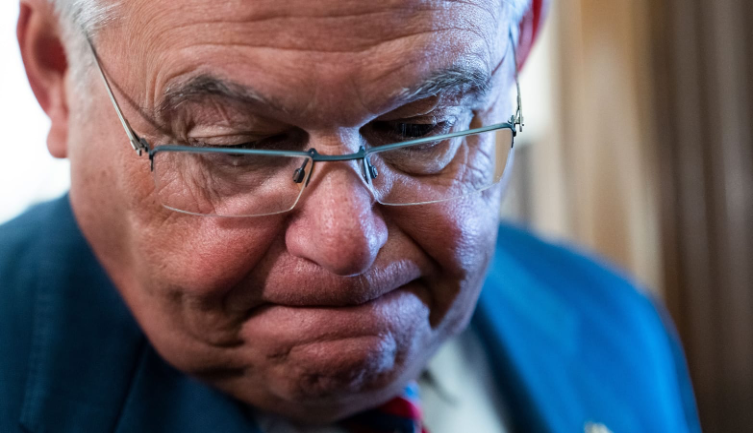 WILL MORE CASES BE ADDED ON TO THE LIST OF SENATOR MENENDEZ’S CORRUPTION SCANDALS, WHICH HAVE COME TO LIGHT AT REGULAR INTERVALS?
WILL MORE CASES BE ADDED ON TO THE LIST OF SENATOR MENENDEZ’S CORRUPTION SCANDALS, WHICH HAVE COME TO LIGHT AT REGULAR INTERVALS?
Hazel ÇAĞAN ELBİR 10.01.2024 -
 MONTE MELKONIAN AND HIS TERRORIST IDENTITY
MONTE MELKONIAN AND HIS TERRORIST IDENTITY
Hazel ÇAĞAN ELBİR 10.01.2025 -
TWISTED LAW AND DOCUMENTED HISTORY - GEOFFREY ROBERSON'S OPINION ON GENOCIDE AGAINST PROVEN FACTS
Hazel ÇAĞAN ELBİR 30.11.2013
-
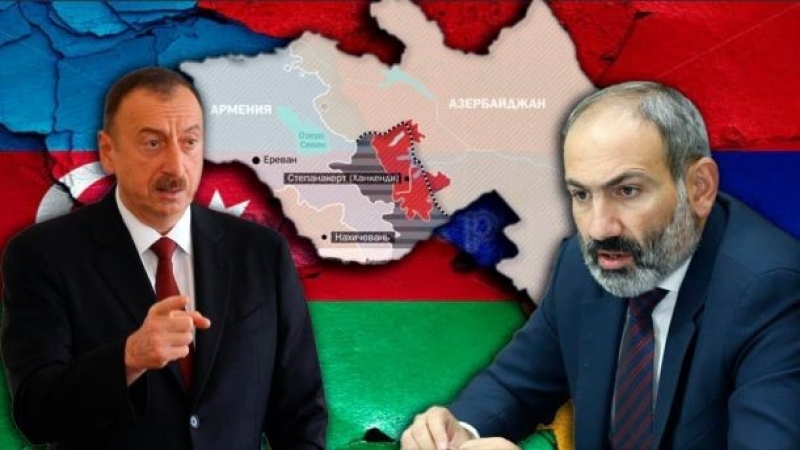 WHY IS THE NAGORNO KARABAKH PROCESS IN DEADLOCK
WHY IS THE NAGORNO KARABAKH PROCESS IN DEADLOCK
Tutku DİLAVER 17.10.2019 -
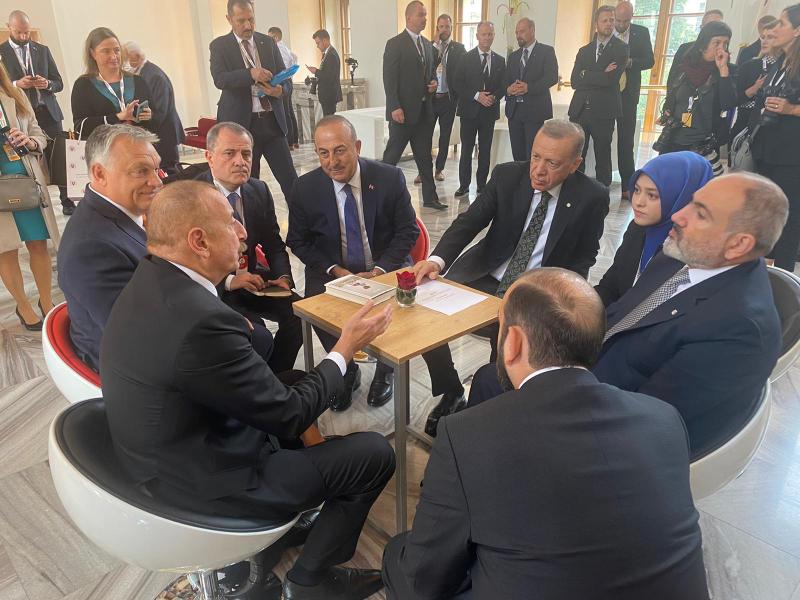 AZERBAIJAN-ARMENIA PEACE TREATY PROCESS AND ATTEMPTS TO UNDERMINE TÜRKİYE-AZERBAIJAN RELATIONS - II
AZERBAIJAN-ARMENIA PEACE TREATY PROCESS AND ATTEMPTS TO UNDERMINE TÜRKİYE-AZERBAIJAN RELATIONS - II
Mehmet Oğuzhan TULUN 21.11.2025 -
 THE EU DISCARDS THE IRREGULAR MIGRATION ISSUE IN THE MEDITERRANEAN
THE EU DISCARDS THE IRREGULAR MIGRATION ISSUE IN THE MEDITERRANEAN
Hazel ÇAĞAN ELBİR 08.08.2023 -
 MACRON'S UNDERSTANDING OF FREEDOM OF EXPRESSION: EVERYONE HAS THE RIGHT OF FREEDOM OF EXPRESSION, BUT SOME HAVE IT MORE THAN OTHERS
MACRON'S UNDERSTANDING OF FREEDOM OF EXPRESSION: EVERYONE HAS THE RIGHT OF FREEDOM OF EXPRESSION, BUT SOME HAVE IT MORE THAN OTHERS
Hazel ÇAĞAN ELBİR 27.10.2020 -
 PASHINYAN'S STATEMENTS REGARDING 'WESTERN ARMENIA' AND PUBLIC OPINION REALITIES
PASHINYAN'S STATEMENTS REGARDING 'WESTERN ARMENIA' AND PUBLIC OPINION REALITIES
Tuğçe TECİMER - Selenay Erva YALÇIN 13.06.2025
-
25.01.2016
THE ARMENIAN QUESTION - BASIC KNOWLEDGE AND DOCUMENTATION -
12.06.2024
THE TRUTH WILL OUT -
27.03.2023
RADİKAL ERMENİ UNSURLARCA GERÇEKLEŞTİRİLEN MEZALİMLER VE VANDALİZM -
17.03.2023
PATRIOTISM PERVERTED -
23.02.2023
MEN ARE LIKE THAT -
03.02.2023
BAKÜ-TİFLİS-CEYHAN BORU HATTININ YAŞANAN TARİHİ -
16.12.2022
INTERNATIONAL SCHOLARS ON THE EVENTS OF 1915 -
07.12.2022
FAKE PHOTOS AND THE ARMENIAN PROPAGANDA -
07.12.2022
ERMENİ PROPAGANDASI VE SAHTE RESİMLER -
01.01.2022
A Letter From Japan - Strategically Mum: The Silence of the Armenians -
01.01.2022
Japonya'dan Bir Mektup - Stratejik Suskunluk: Ermenilerin Sessizliği -
03.06.2020
Anastas Mikoyan: Confessions of an Armenian Bolshevik -
08.04.2020
Sovyet Sonrası Ukrayna’da Devlet, Toplum ve Siyaset - Değişen Dinamikler, Dönüşen Kimlikler -
12.06.2018
Ermeni Sorunuyla İlgili İngiliz Belgeleri (1912-1923) - British Documents on Armenian Question (1912-1923) -
02.12.2016
Turkish-Russian Academics: A Historical Study on the Caucasus -
01.07.2016
Gürcistan'daki Müslüman Topluluklar: Azınlık Hakları, Kimlik, Siyaset -
10.03.2016
Armenian Diaspora: Diaspora, State and the Imagination of the Republic of Armenia -
24.01.2016
ERMENİ SORUNU - TEMEL BİLGİ VE BELGELER (2. BASKI)
-
AVİM Conference Hall 24.01.2023
CONFERENCE TITLED “HUNGARY’S PERSPECTIVES ON THE TURKIC WORLD"









